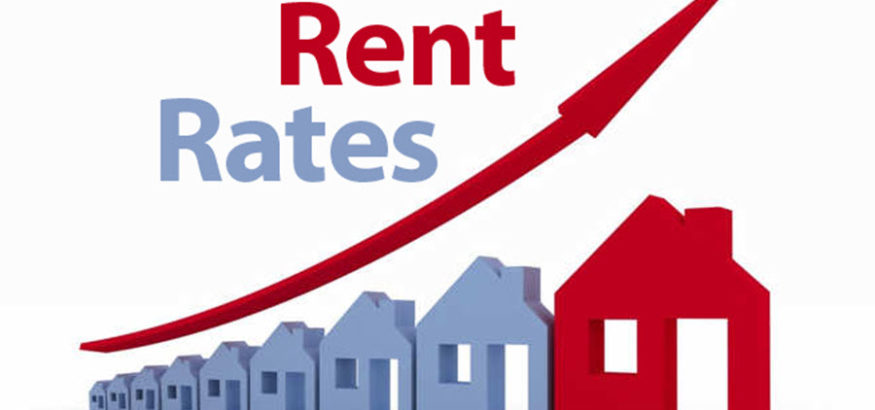Landlord Raising Your Rent? Here’s What You Need to Do
When you have a low income, your rent is likely the largest regular expense with which you have to contend. So, getting a notice that the price is going up can feel like a serious shot to the gut. Before you make any rash decision about what to do next, it is important to understand that you may have some options. Here are some tips for managing the situation in hopes of getting a more favorable deal.
Do Some Research
It may be surprising, but your first step in the process should be to do your homework. Begin researching other properties nearby with features similar to yours and see if the rent increase falls in line with other apartments or homes in the neighborhood. This lets you know if the new rental price is actually appropriate for the area, and can give you some starting information should you ultimately decide to move.
Talk to Your Landlord
If you would prefer to stay in your current place, then having a conversation with your landlord about the price is appropriate. At times, the cost of rent may be negotiable, especially if you found information about nearby properties that are available at a lower price. Let your landlord know you would prefer to stay, but that the new price doesn’t fit well into your budget. They may be willing to compromise, allowing you both to find acceptable middle ground, or could offer you additional information about why the change is happening.
You may also be able to secure a more favorable price if you’ve been a good tenant and are open to signing a longer fixed-term lease. Often, finding new renters is expensive and time-consuming, so most landlords would rather do what they can to keep good tenants. And, by offering to sign a longer lease, they may be willing to lower the price for the added sense of financial security and reduced hassle.
Worse case, they won’t be open to negotiating, leaving you in the same place you were before the conversation.
Take Advantage of Benefits
Many low income earners may not know about different rental and even mortgage subsidies and or benefits from local, state and federal agencies. Learn about different emergency or short term financial assistance service as well as longer term assistance programs. Get info on rental help here.
Don’t Assume You Can Get a Roommate
One common way to lower the price of rent is to get a roommate to split the bill. However, this may not be as simple as it appears to be on the surface. Different landlords or rental agencies will have different requirements regarding having someone move in with you, such as requiring they pass standard tenant screening requirements and be added to the lease, or may not allow it at all depending on the size of the property and number of people already in your household. While this may not be an issue if you have someone in mind with solid credit and a reliable income, and have a bedroom to spare, you may not have enough time to find someone before the increase begins.
Be Prepared to Move
If you can’t afford the new payment and your landlord won’t lower the cost, then it is possible moving will be your only option. Since you’ve already done some research, you may have a few places worth exploring that are more affordable. You may be able to work with your landlord if you only need an additional month or two to find a new place, possibly being allowed to stay at your old rate, so be sure to discuss your intentions with them openly. Then, do you best to get everything squared away as quickly as possible.
Additional Financial Assistance
Beyond direct help with rent or a mortgage, there are other programs and services to help with the family budget. This in turn can reduce other expenses which provides a bit more money in the budget to help pay for rent. Get information on different assistance below.
- Get help with paying general bills
- Learn about assistance with medical expenses
- Tips on reducing your fuel costs of driving
Review our blog section to learn about numerous other ways to save money and take advantage of free money or assistance programs.

